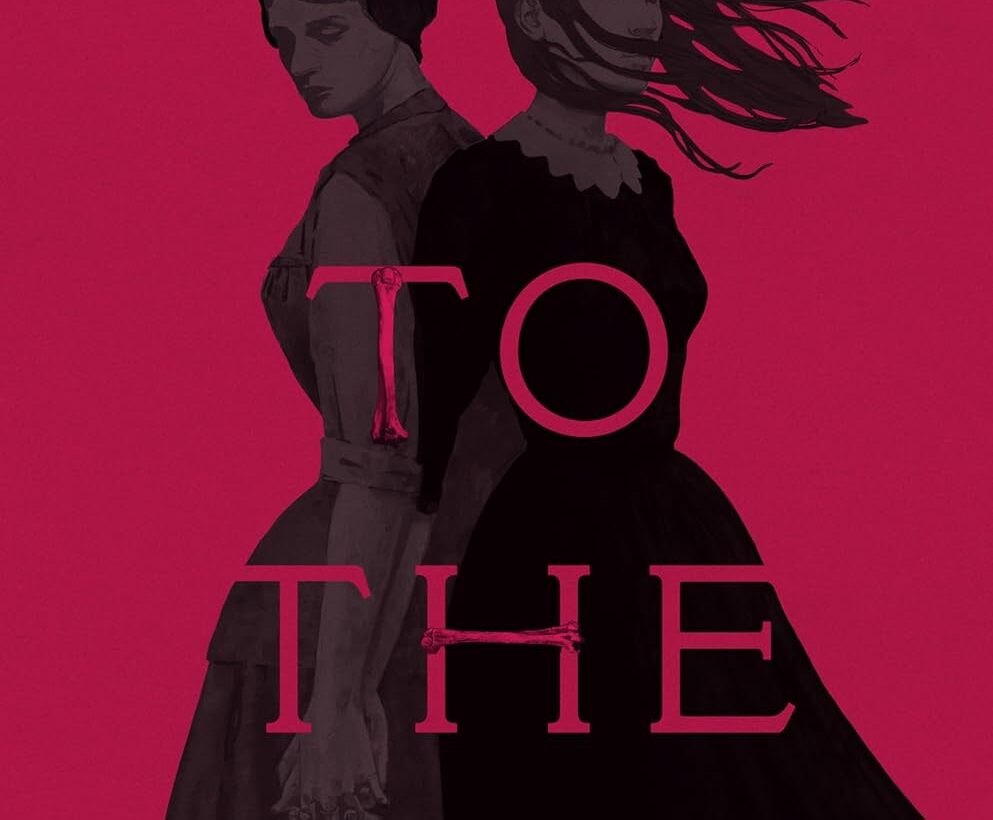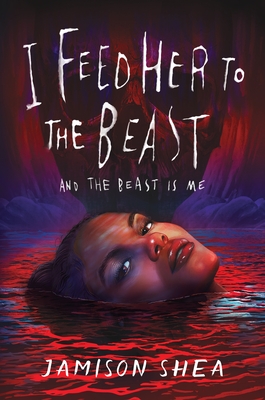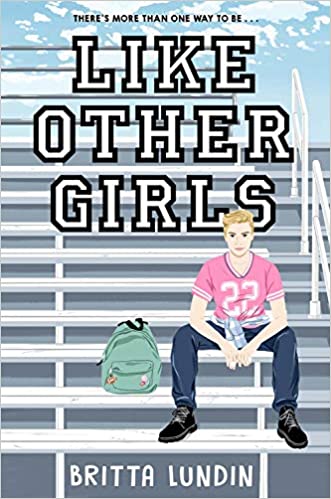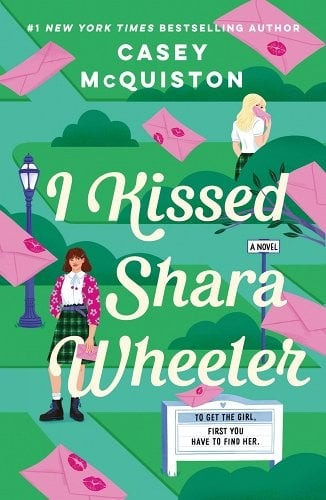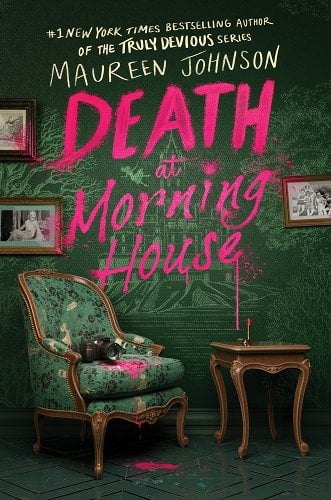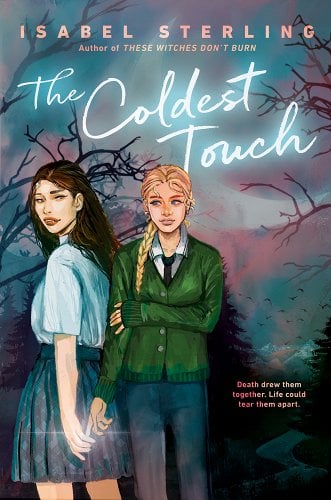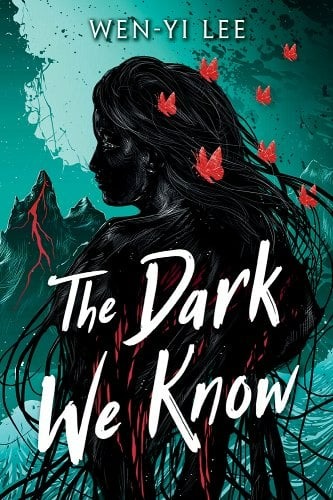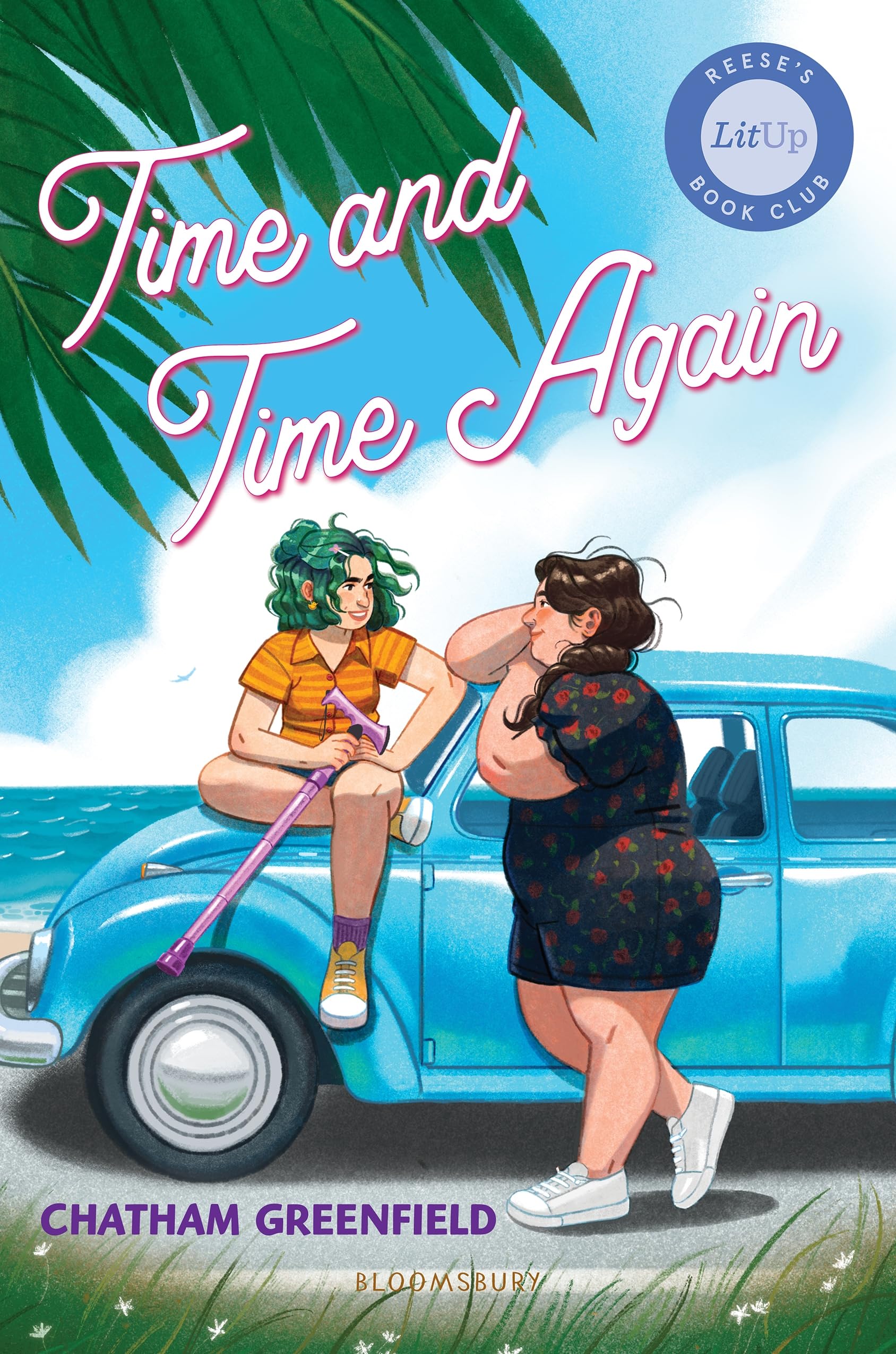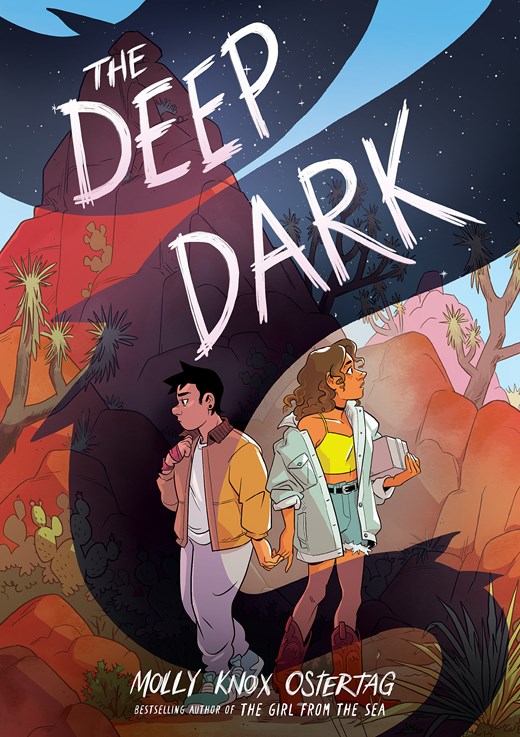To the Bone is the story of Ellis, an indentured girl in the Jamestown settlement of the Virginia colony. Ellis aspires toward little more than goodness; born poor in the late 1500s, she can neither read nor count, but understands the world as preachers sketch its edges. She works hard as a servant to the semi-prominentRead More
Feral Eldritch Ballerinas: I Feed Her to the Beast and the Beast Is Me by Jamison Shea
Laure is a ballet dancer who has devoted herself entirely to her profession. She spends every waking moment honing her skill. And she is perfect. But as she soon learns, perfect is not enough. It doesn’t matter that she’s the best, because she’s fighting to rise up in an institution that sees her working classRead More
Queer Small Town Livin’: Like Other Girls by Britta Lundin
Mara loves basketball—which is a problem, because she’s currently not allowed to play. After getting in a fight during a game, her coach kicks her off the school team and bars her from rejoining until she can prove that she can be a team player. In an attempt to prove her ability to not let her angerRead More
Beyond the Surface: I Kissed Shara Wheeler by Casey McQuiston
There’s only one thing standing in Chloe Green’s way of winning valedictorian: the town’s favorite and Chloe’s rival, Shara Wheeler. A month before graduation, Shara kisses Chloe, then does the most infuriating thing: vanishes. Chloe and two other boys Shara kissed are left with a series of cryptic notes; a scavenger hunt to find her.Read More
5 Sapphic Vampire Books that are Perfect for Spooky Season!
One thing that you need to know about me is that I love vampires! Whether it’s Buffy the Vampire Slayer, Twilight, Interview with the Vampire, or What We Do in the Shadows, if a piece of media has vampires in it, then I want to consume it. Because of this, I figured that discussing someRead More
A Chilling Summer Mystery: Death at Morning House by Maureen Johnson
This wasn’t a book I planned to read in just two sittings. However, after continuing to tell myself “I’ll take a break after this chapter” and then not taking a break after the chapter, I finished it in a blur of twists and reveals that left me gasping. Death at Morning House follows Marlowe Wexler,Read More
Even Vampires Hate High School: The Coldest Touch by Isabel Sterling
I’ve had The Coldest Touch by Isabel Sterling on my bookshelf for a couple of years—a victim of the neverending TBR list. I would say that any vampire love story is perfect for me, but the sparkly baseball family forced me to have to qualify that statement long ago. The Coldest Touch has none of the problems of thatRead More
A Small-Town Haunting: The Dark We Know by Wen-yi Lee
Wen-yi Lee’s The Dark We Know follows Isadora Chang, an art student who left her small hometown after the deaths of two of her best friends. Two years later, she returns for the funeral of her abusive father, where she encounters her last surviving friend, Mason. Mason tells her that he suspects their friends were in fact murderedRead More
A Disabled Jewish Lesbian Time Loop Story: Time and Time Again by Chatham Greenfield
I love a time loop story, so I had to pick up up this sapphic YA take on the trope—especially one with with fat and disabled characters on the cover! In the first chapter, Phoebe is living August 6th for the 26th time in a row. Every day is the same, and every day sheRead More
The Queer Graphic Novel That Had Me Sobbing at 3 A.M.: The Deep Dark by Molly Knox Ostertag
Buy this from Bookshop.org to support local bookstores and the Lesbrary! You’re all fired for not tell me how good this is. I liked The Girl From the Sea, so I put a hold on Ostertag’s newest sapphic graphic novel, but I hadn’t heard anything about it, so I my expectations were pretty grounded. IRead More
- 1
- 2
- 3
- …
- 36
- Next Page »
